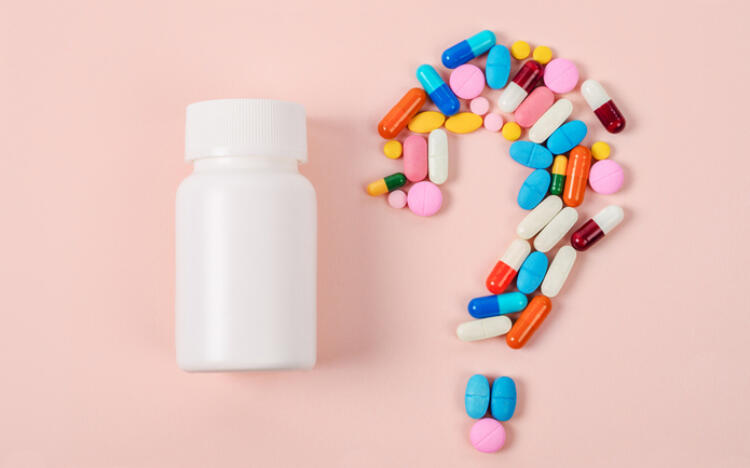Antibiotics, explained
Antibiotics are medicines used to treat a wide range of infections or diseases caused by bacteria. Scientists first found them in the 1940s and 50s. Since then, antibiotics have saved millions of lives. However, people use them too often. Many antibiotics no longer work as well against the bacteria they once killed.

